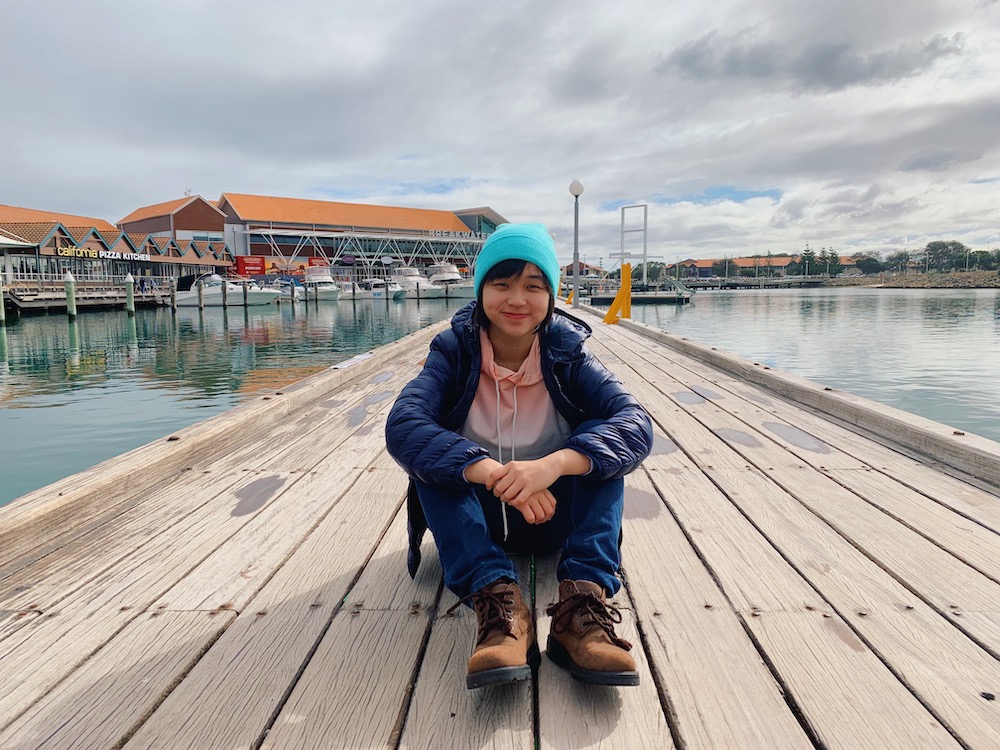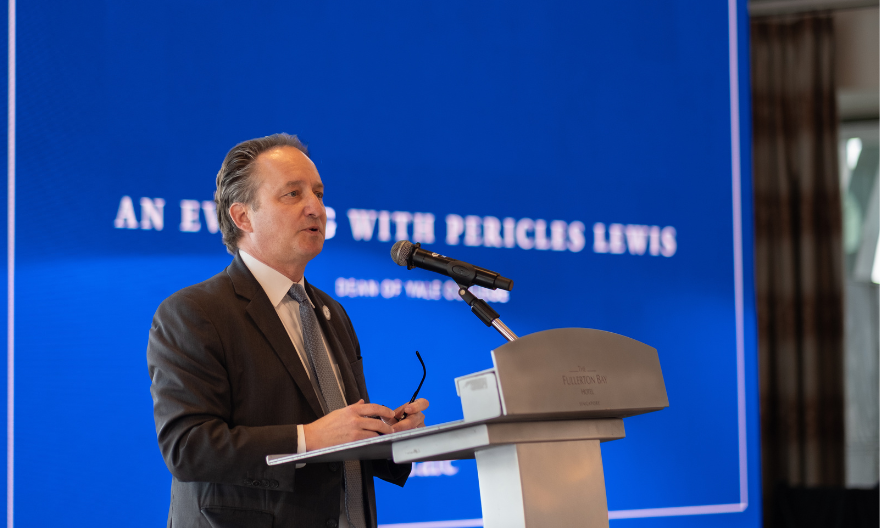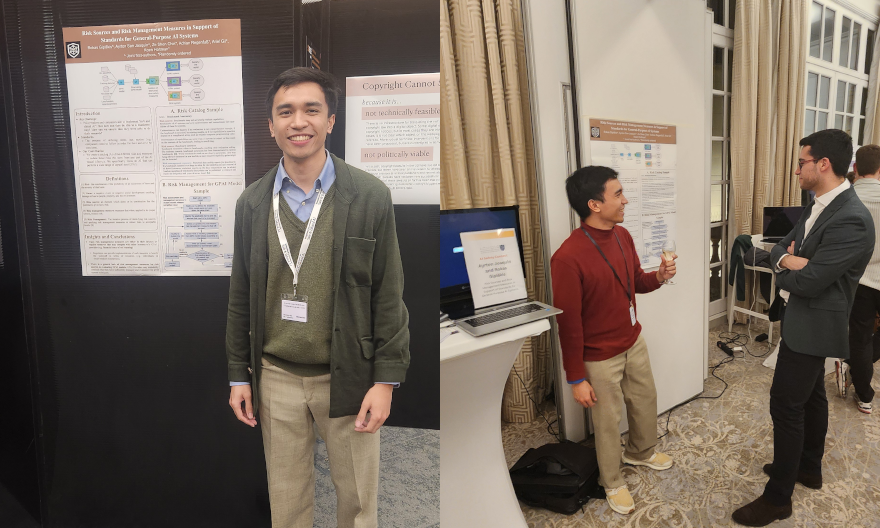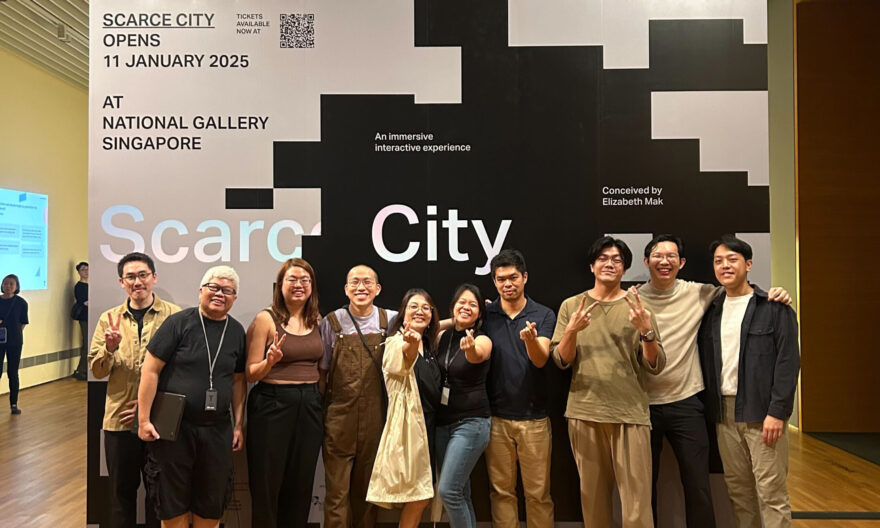Yale-NUS alumni in graduate schools continue to expand their knowledge
Learn about their journeys in post-graduate programmes at universities across the globe
At Yale-NUS College, students are encouraged and well supported as they embark on research and academic pursuits that redefine the boundaries of knowledge. Ranging from the humanities to the natural and social sciences, many of the College’s graduates continue to chart unique paths to expand their understanding of the world even after graduation.
We interview Faris Joraimi (Class of 2021), a PhD candidate in Malay history at New York University, Yip Jia Qi (Class of 2020) a PhD candidate of Nanyang Technological University (NTU), and Emma Goh (Class of 2022) pursuing her Master’s in City Planning at University of California, Berkeley, to learn more about their post-graduate experiences.
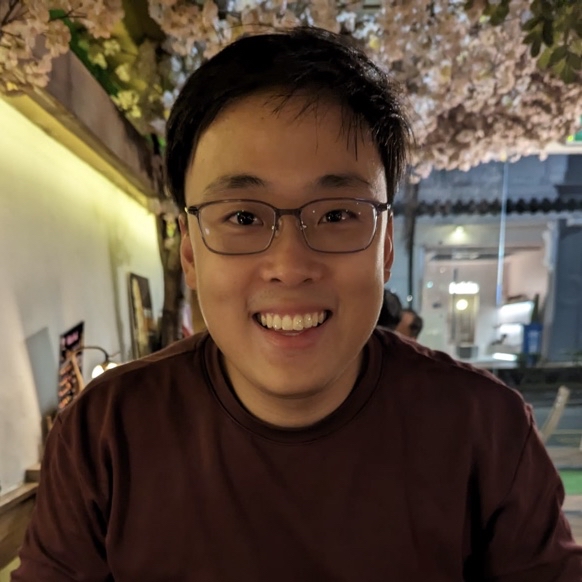
What are you currently working on in graduate school?
Jia Qi: I am currently working on artificial intelligence (AI) methods for speech separation at NTU. This problem involves developing computer algorithms that separate specific voices from a mixture of sounds, inspired by how humans can effortlessly focus on a conversation in a noisy environment. I found speech separation interesting because it was a task trivial for humans, but very difficult for computers.
What’s even more fascinating is that after almost 60 years, researchers finally got a computer to do speech separation, but we still don’t understand how the computer did it. It’s magic. That’s why I have to study it.
Emma: I am currently pursuing a Master’s in City Planning at the University of California, Berkeley, with a concentration in housing, community and economic development. Advocating for a more inclusive city, or a city of misfits, has always been a cause I resonated with and I found myself quite instinctively drawn to the discipline of city planning. I want to use planning to create more inclusive and sustaining environments – environments that not only protect diverse identities from being neutralised but also affirm, make visible and enhance pluralistic ways of being.
My own experience of privilege and difference in Singapore has shown me how identity is made up of a series of fits and misfits. When we fit in harmoniously and inconspicuously, it is easy to overlook that in many ways, it is in fact the material world that sustains these “normative” aspects of our identity.
Faris: I study the history of the Malay world in the so-called “early modern” period, specifically between the 17th and 18th centuries: when the royal trading towns of the Melaka Straits were part of vibrant cultural and religious networks spanning the Indian Ocean.
I’m especially curious about how space and time were imagined and experienced, through the practice of writing historical accounts. Living in relatively small and fragile communities across an archipelago, people here developed concepts about the past that were distinct to those in large territorial empires or states.
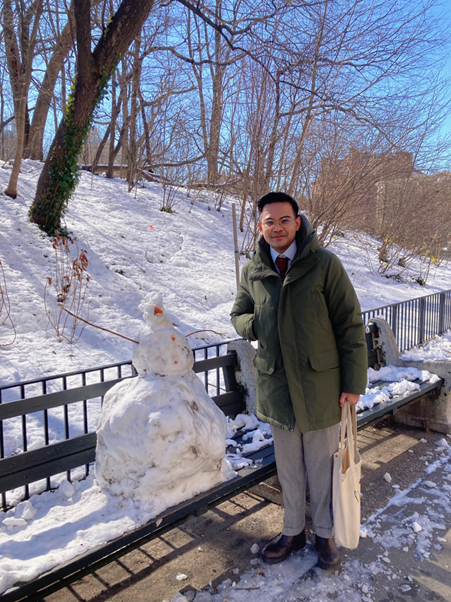
What were some of the research opportunities/experiences you had at Yale-NUS College?
Emma: One of my most formative experiences was being a Student Research Assistant to Professor of Social Sciences (Urban Studies) Jane M. Jacobs where I explored the technological innovations that took place within Singapore’s Housing Development Board between the 1960s to 1990s. It was my first encounter with archival research and I fondly remember the hours spent holing up in the HDB archives transcribing copious stacks of yellowed and typewritten technical reports.
Faris: I was fortunate to have been given opportunities while at Yale-NUS that helped me develop skills needed for my research. For example, in 2019, I visited the Dumbarton Oaks Research Library and Foundation in Washington, D.C. with a generous Dean’s Research Fellowship; that gave me my first experience with archives and working in rare collections.
Jia Qi: During my time at Yale-NUS College, I worked with Assistant Professor of Science (Chemistry) Stanislav Presolski on making photochromic molecules for my capstone. Earlier, I also collaborated with Associate Professor of Science (Physics) Shaffique Adam on a physics project. These experiences allowed me to explore different areas of research and develop a passion for interdisciplinary work.
What do you hope to achieve out of graduate school? What kind of impact do you strive to see?
Faris: I hope to pursue a career in academia. What I find most meaningful is sharing my research with communities here in Singapore and around the region, where the histories I explore are more than just an abstract concern. I also hope to continue engaging in collaborative projects with institutions and individuals passionate about these same issues.
Jia Qi: In my PhD, I hope to make source separation work in the field of nuclear magnetic resonance (NMR) spectroscopy. Specifically, I aim to show that the techniques used for speech separation can be applied to separate different signals in NMR spectra, making it faster and easier to obtain informative NMR experiments on large proteins.
What do you enjoy the most about pursuing graduate studies?
Jia Qi: What I enjoy the most about doing a PhD is the freedom and autonomy to pursue my interests and plan my own time. I am grateful for the generous support and resources provided by my sponsor and supervisors, which allow me to explore different research avenues and collaborate with experts in the field.
Faris: In New York, the most enjoyable aspect of it by far is experiencing the challenges and rewards of living away from home for most of the year. The intellectual landscape here also forces me to think and argue beyond my comfort zone, meeting other aspiring scholars with educational pathways and questions different from mine.
Emma: The freedom and space to think. I don’t take it for granted that I presently inhabit a space where I can think without encumbrance, challenge totalising narratives with alternative perspectives and traverse new imaginaries. I find myself returning to this quote by Pico Iyer that goes, “The real voyage of discovery consists not in seeking new landscapes but in having new eyes,” and even through these cycles of the fitting of new lenses, I am grateful that my graduate studies still continue to give me reason to gaze with hope towards the world.
